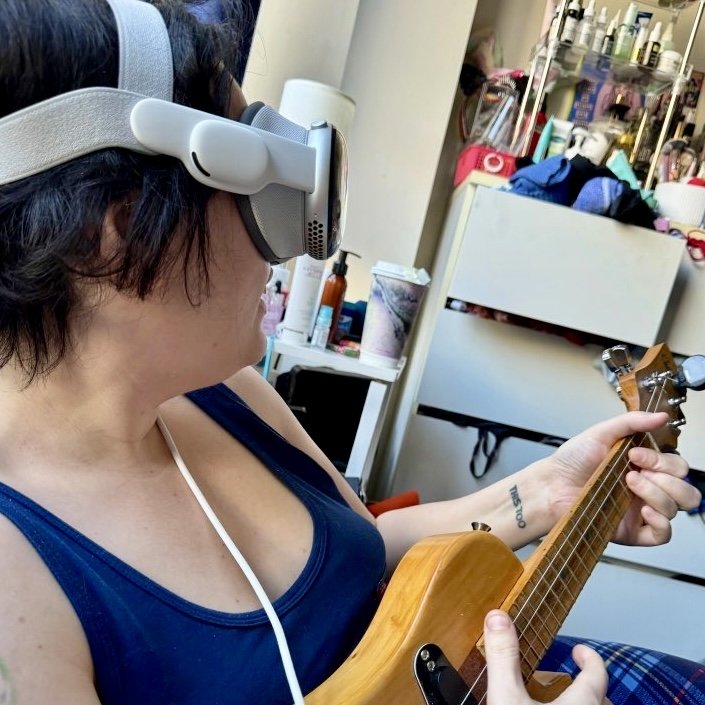
Dear Salty Vixen,
I’m a transgender male in my 20s who’s never had partnered sex for a variety of reasons (autism, gender dysphoria, long-distance relationship, etc.), so this has always been more of a quirk than an issue. However, as I’m becoming more comfortable with my body, and my long-distance relationship will most likely no longer be long-distance in the near future, it seems best to ask before it becomes an issue.
Basically, at least when masturbating, I fall asleep almost immediately after ejaculating, and I sleep very deeply. Like “at least 30 minutes of unconsciousness” deep. Like I said, this isn’t a problem when I’m alone, and I have to say I’ve never really thought about it that seriously. But lately, I’ve been thinking “how awful it is to fall asleep like this while doing something with a partner.” First of all, it’s rude, and it’s also logistically annoying.
So I guess my question is: is this documented? Is there a way to train yourself to get rid of this automatic sleep button, or is this just a physiological quirk I should work around? Is it a weird thing to say to someone “hey, if you wake me up too early I might pass out”?
—Snoring isn’t cool, is it?
Dear Snorer,
First, we all snore, even if someone says we don’t. That’s just not true. That being said, falling asleep after orgasm is very well documented and occurs with any sex and genital position. Vasopressin and oxytocin appear to be the culprits – chemicals released in large amounts by the brain during sexual activity – both of which are associated with sleep. Falling asleep almost immediately and lasting at least 30 minutes does sound like a very extreme version of this phenomenon, and it’s a good idea to inform potential partners of this. “Hey, if you let me orgasm too soon, I might pass out” Clear, informative, and concise. A+.
I really want to dive into this a little bit about saying “weird” things to other people, and this is my column, so here we go. We live in a society that caters to a certain mindset and a certain way of experiencing the world. You’re neurodiverse, I’m neurodiverse, and I’m not sure that the social norms that we live in are really that beneficial to neurotypical people.
In today’s society, sexually progressive behavior and speech are often met with scandal and even criminalization. Homosexuality is included in the DSM—The diagnostic manual is sometimes called the “Bible of psychiatry”—it wasn’t defined as a disorder until 1973. The U.S. legal system still doesn’t know how to classify non-biological or marital family partners and non-sexual couples, or relationship structures more complex than binary relationships.
The norms are too narrow and confusing. For many adults, communicating directly about sexual matters still feels awkward or weird. Seek out people who appreciate you when you communicate in a natural way, who understand you when you make an effort to understand you as an individual, and who allow you to treat them the same way. I think you’ve done that.




 Anal Beads
Anal Beads Anal Vibrators
Anal Vibrators Butt Plugs
Butt Plugs Prostate Massagers
Prostate Massagers
 Alien Dildos
Alien Dildos Realistic Dildos
Realistic Dildos
 Kegel Exercisers & Balls
Kegel Exercisers & Balls Classic Vibrating Eggs
Classic Vibrating Eggs Remote Vibrating Eggs
Remote Vibrating Eggs Vibrating Bullets
Vibrating Bullets
 Bullet Vibrators
Bullet Vibrators Classic Vibrators
Classic Vibrators Clitoral Vibrators
Clitoral Vibrators G-Spot Vibrators
G-Spot Vibrators Massage Wand Vibrators
Massage Wand Vibrators Rabbit Vibrators
Rabbit Vibrators Remote Vibrators
Remote Vibrators
 Pocket Stroker & Pussy Masturbators
Pocket Stroker & Pussy Masturbators Vibrating Masturbators
Vibrating Masturbators
 Cock Rings
Cock Rings Penis Pumps
Penis Pumps
 Wearable Vibrators
Wearable Vibrators Blindfolds, Masks & Gags
Blindfolds, Masks & Gags Bondage Kits
Bondage Kits Bondage Wear & Fetish Clothing
Bondage Wear & Fetish Clothing Restraints & Handcuffs
Restraints & Handcuffs Sex Swings
Sex Swings Ticklers, Paddles & Whips
Ticklers, Paddles & Whips




















